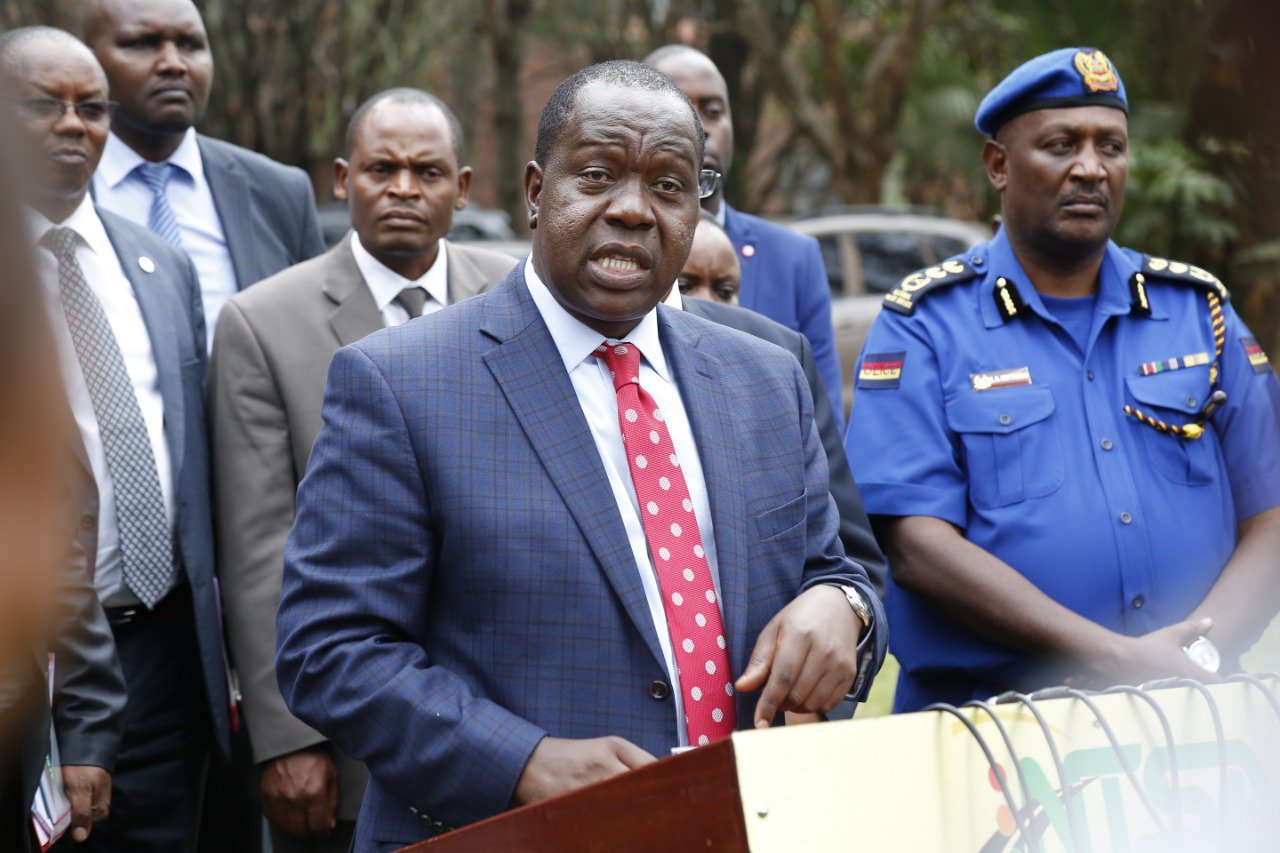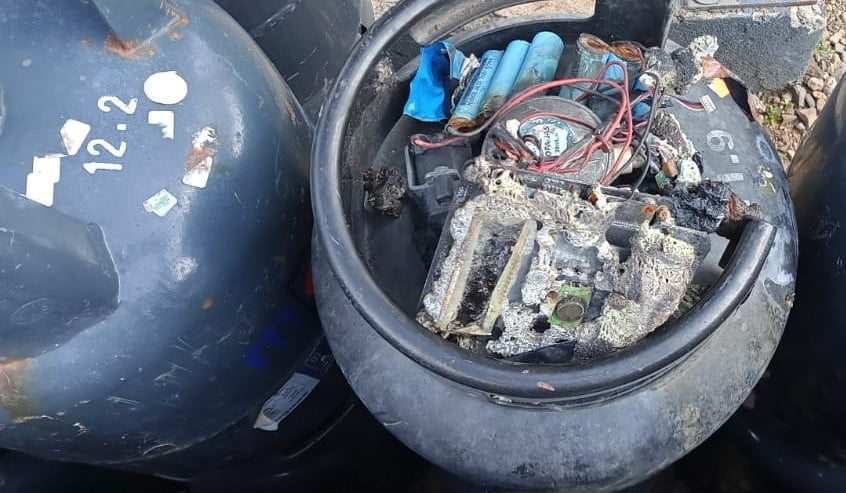As Kenyans prepare to take to the streets once again on Wednesday, June 25, Nairobi police have promised safety and protection for all peaceful demonstrators. The assurance comes amid growing public frustration over police brutality and recent incidents of excessive force.
Nairobi Regional Police Commander George Sedah said enhanced security measures will be put in place, but Kenyans remain cautious. Many still remember last year’s violent crackdown and fear that history might repeat itself.

June 25 Protests Security Plan Revealed by Nairobi Police
Speaking during a press briefing on Wednesday, June 18, Nairobi Regional Police Commander George Sedah assured Kenyans that the police service will protect protesters and the public during the upcoming June 25 demonstrations.
“We will provide enough and good security for all Kenyans to ensure that every person who is going to participate or be affected by the protests will be safe,” Sedah stated.
The planned protests are meant to honour the memory of young Kenyans, mostly from Generation Z, who lost their lives during last year’s anti-Finance Bill protests. Organisers say this is a day of peaceful remembrance, not violence.
Sedah confirmed that his office had received an official notification from a group of activists, delivered to the Central Police Station, outlining their intention to demonstrate on June 25.
But while promising safety, Sedah also issued a strong warning: violence, provocation, or criminal activity will not be tolerated. He cited previous protests, including the June 12 demonstrations, where clashes between masked officers and protesters turned chaotic.
“We are looking more uncivilised when we start converging and then, as we continue, it turns violent. It beats the logic of conducting the protests,” he said.
He emphasized that June 25 is a working day, and that business operations in Nairobi’s CBD must not be interrupted.
Police Urge Calm as Brutality Claims Linger
Despite the reassurances, many Kenyans are skeptical. The police have a history of cracking down on peaceful demonstrations with unnecessary force, and the June 25 protests are already attracting widespread concern about whether that pattern will continue.
Just last week, during protests in Nairobi’s CBD, a police officer shot a mask vendor at close range. The officer, later identified as Masinde Baraza, was arrested and interdicted. His colleague, Duncan Kiprono, was also suspended after being caught on video assaulting the same vendor, Boniface Kariuki.
These incidents have reignited national outrage and calls for deeper police reform. Civil rights groups argue that the arrests are not enough, demanding prosecution and long-term structural changes to stop future abuse.
Worse still, videos from the same protest showed armed thugs roaming freely, looting shops, attacking civilians, and stealing from demonstrators. Police officers nearby did nothing.
In fact, allegations have surfaced suggesting that these goons were shielded by the police, or at the very least, allowed to operate with impunity.
This fuels growing fears that the same could happen again on June 25.
Will the Police Keep Their Word on June 25 Protests?
The burden is now on the National Police Service to prove that this time will be different. Commander Sedah’s promises will mean nothing if citizens are once again brutalised for exercising their constitutional right to protest.
“The people want to mourn peacefully. Let them. This is not a political rally, it is a day to honour lives lost and demand justice,” said a Nairobi activist who helped plan the June 25 march.
The question remains—can the police handle peaceful protest without resorting to violence?
Kenyans have seen promises made before, only to watch their rights trampled upon when the day comes. The Interfaith Council, civil society organizations, and the Kenya Human Rights Commission have all asked for independent monitors to be deployed during the June 25 protests to ensure accountability.
Meanwhile, Generation Z protesters are also being advised to document every moment of the demonstration—peacefully but clearly—so that evidence of misconduct, if any, can be used in court.
Nairobi’s streets have become a theatre of resistance in recent years, and the June 25 protests will be a major test for the police.











































